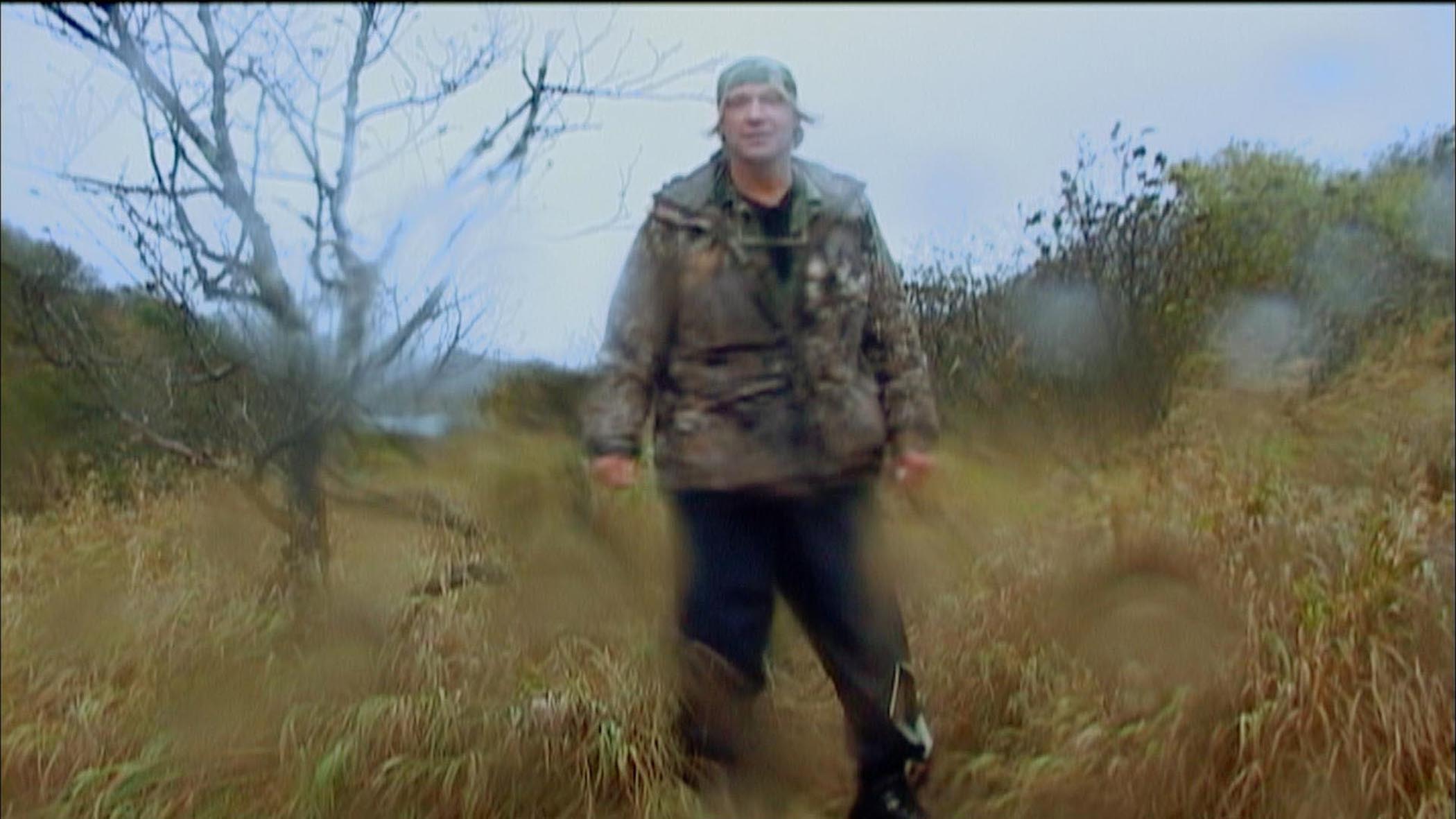Madison Ellis
TMA 273
Response Essay
Despite its
fatal topic, Werner Herzog’s “Grizzly Man” takes a leisurely approach to the
life and death of Timothy Treadwell. Utilizing interviews, narration, and a
hefty chunk of Treadwell’s own footage, Herzog provides a (relatively)
nonobjective view into Treadwell’s story. Herzog himself had a very active roll
in the film—he voiced his own narration and frequently asserted his presence in
interviews. In one particularly emotion interview, Herzog himself gives the
subject advice about what she should do with one of Treadwell’s tapes. The
constant tie-ins to Herzog’s processes made the film an interesting viewing for
film enthusiasts, but it felt alienating. Self-aggrandizing. It created a
barrier between the film and me that didn’t need to be there. Treadwell’s story
is about identity, obsession, paranoia, and activism. It didn’t need to be
about Herzog, too.
The scenes
in this documentary that made me care were the ones where Herzog stepped back
and let Treadwell tell his own story. Where Timothy filmed take after take of
himself running down the same hill. Where he chased after the foxes. Where he
asserted himself among the bears surrounding him. Treadwell’s footage was full
of emotional, magical moments that humanized him and his struggle to the audience.
Sometimes Herzog’s narration added to the wonder, but it wasn’t needed to
create a connection to Treadwell’s character—Treadwell did that all on his own.
As
effectively as Treadwell attracted my interest, however, he also alienated it. The
scene where Treadwell is yelling for rain affected me deeply. Up until that
point in the film, I related to Treadwell like I would to any other socially
awkward, post-alcoholic animal lover. At that moment, though, Treadwell crossed
beyond my line of empathy. I couldn’t follow him that deeply into his psyche,
and the rest of the film left me grappling for some basic, pieced understanding
of Treadwell’s character. Even when he returned to the normal, sweet,
charismatic teddy-bear holder, I couldn’t recover my empathy for him. After
that point in the film, I watched Treadwell’s inevitable decline with a sort of
detached horror. Treadwell let his paranoia and obsession overcome his
humanity, and he ultimately paid for his instability.
As many issues as I have with Herzog’s
self-characterization in the film, I feel like he treated Treadwell very
truthfully. He didn’t manipulate Treadwell’s issues for sensationalism, but he
also didn’t shield society from Treadwell’s truth. The film started with a
Treadwell-esque treatment of Treadwell’s views on bear conservation and his
mission. Slowly, Herzog introduced the other conflicts that muddied up
Treadwell’s story and his intentions. Ultimately, I finished the documentary
with an understanding of Treadwell’s point of view, Herzog’s interpretation,
and my own opinions on what happened. Ultimately, “Grizzly Man” felt like a
pure approach to Treadwell’s story.

No comments:
Post a Comment